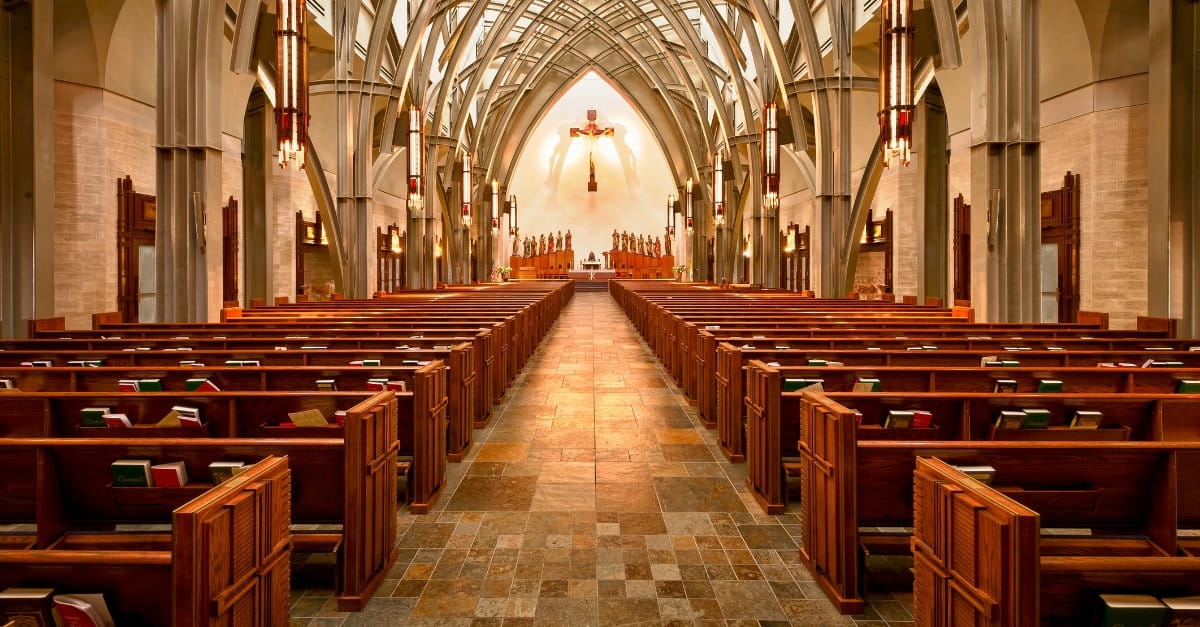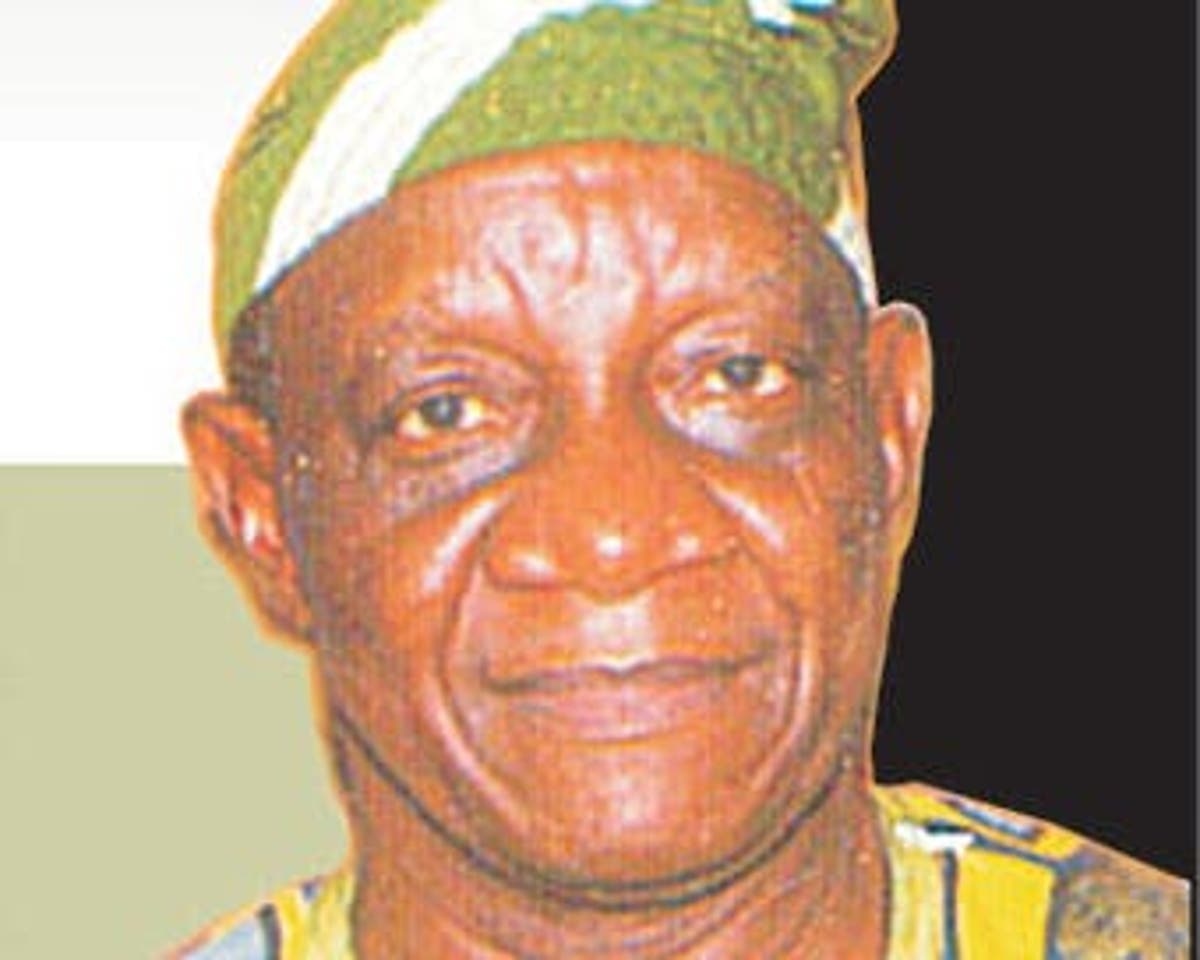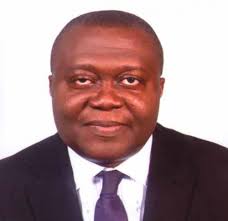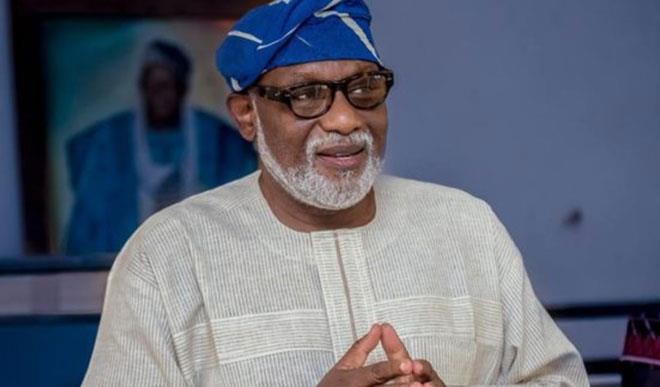By Ehi Braimah
Since the fourth Republic was inaugurated in 1999 when Chief Olusegun Obasanjo assumed office as civilian President, we have been marching forward in our democratic journey in twists and turns. A child born 21 years ago should be an undergraduate student at a university by now – possibly in his or her third year or even final year. It means the student would soon leave the four walls of the academic environment to take the next big leap of faith in his or her life.
After the compulsory National Youth Service, our young graduate could decide to become self-employed or pursue other dreams based on his/her plan and vision for the future. Maturity gradually sets in and additional milestones such as becoming married are achieved. When children arrive, the young couple take on the additional responsibility of parenting – that is a different ball game altogether. In life, when we fail to plan, as the popular cliché goes, we have inevitably planned to fail.
Is our democracy maturing after 21 years or is there a semblance of it? Can we say our democracy has been an experiment in the political laboratory full of trials and errors? If we cast our minds back to the events leading up to the June 12, 1993 presidential election and the subsequent cancellation of the election that was overwhelmingly adjudged as free and fair, you would discover that we lost six years to the reluctance of former military president Ibrahim Badamasi Babangida (IBB) to relinquish power.
In a recent interview with media entrepreneur and television presenter, Kadaria Ahmed, IBB tried to explain June 12 scenario that became a watershed moment in our democracy. As I watched the video which went viral, I struggled to make sense out of IBB’s explanation for the annulment of the election 27 years ago. Kadaria pointedly asked IBB what the security concerns he alluded to were regarding late Chief M.K.O. Abiola forming his government after winning the presidential election on June 12, 1993, but there was no clear cut answer; it still remains a puzzle after so many seasons. In the interview which left more questions than answers, IBB also deftly dodged the question on the late General Sani Abacha. He did not explain satisfactorily why he left General Abacha behind after his famous “stepping aside” episode knowing fully well his second in command was very ambitious.
It was as clear as daylight that IBB did not want the election to hold in the first place. What were we really expecting? It was a military government, mind you, and the Armed Forces Ruling Council (AFRC) headed by IBB at the time could do whatever they liked. But for the intervention of the United States government that expressed strong concerns over postponement of the election, June 12 would have been like any other day on the Gregorian calendar.
Being the maverick that he is, IBB, having been caught on the back foot over the June 12 crisis, cleverly staged an exit strategy in the form of a hurriedly assembled contraption called Interim National Government (ING) headed by Chief Ernest Shonekan, a lawyer, businessman and Egba man from Ogun State. Chief Shonekan’s appointment on August 26, 1993 was actually a Greek gift to the Yorubas in view of the June 12 struggle that cost Chief Abiola, also a Yoruba man from Ogun State, his life.
At that time, the country was flat broke amid the political turmoil – with a deficit budget of about N28 billion arising mainly from lack of fiscal discipline by the military leadership, inflation had become uncontrollable. After the annulment of the June 12 election, western nations imposed economic sanctions on Nigeria. As Chief Shonekan embarked on meaningful reforms that included lobbying for debt cancellation, releasing political prisoners detained by IBB and auditing the accounts of Nigerian National Petroleum Corporation (NNPC), General Abacha struck on November 17, 1993 and removed Chief Shonekan from office in a palace coup.
After the six-year hiatus that followed, perhaps it is safe to say we have made the most of our democracy since May 29, 1999. Until last year, May 29 was the day set aside as Democracy Day every year to commemorate the successful transition to democratic rule. But isn’t it strange that previous governments deliberately chose to ignore the significance of June 12 in our political calendar until President Muhammadu Buhari last year announced that Democracy Day will no longer be marked on May 29 but on June 12? We must thank President Buhari for his patriotism, wisdom and courage for remembering June 12. In his speech on that day, President Buhari said June 12 – our new Democracy day – will continue to give us the opportunity every year to reflect on our achievements and struggles as a nation
If there was any major beneficiary of the June 12 debacle, that person is Chief Olusegun Obasanjo, an Egba Chief from Ogun State and retired military general also popularly known as “Baba Iyabo”. Chief Obasanjo became civilian President of Nigeria straight from his incarceration in prison and yet he did not understand the meaning of June 12 whether in its nuanced form or in the context of establishing our democratic credentials. Instead of winning the hearts and minds of Nigerians as a worthy democrat after serving two terms as President, “Baba Iyabo” was more interested in a third term agenda to extend his stay in office for another four years, even though he denied he ever nursed such ambition.
Where Chief Olusegun Obasanjo failed to recognise June 12 which is a critical threshold in our democratic journey, former President Goodluck Jonathan should have acted differently and seized the moment and moral high ground. Whether we like to acknowledge it or not, Chief Abiola will always be remembered as a martyr of our democracy symbolized by the June 12 struggle. Chief Abiola was a man of many parts and he refused to compromise his electoral mandate freely given by Nigerians on June 12, 1993. He eventually paid the ultimate price for the democracy we are enjoying today.
Apart from being a hugely successful entrepreneur and amazing philanthropist, Chief Abiola was noted globally as the Pillar of Sports in Africa. According to Kunle Solaja, one of Nigeria’s leading sports journalists in a recent tribute to commemorate June 12 anniversary, “Abiola sponsored various sports activities in Nigeria and 14 other countries including Cote d’Ivoire, Zambia, Senegal and Tunisia. No other African has been able to fill his position as Africa’s First Pillar of Sports since 1980 when the then African Sports Journalists Union (ASJU) bestowed the honour on him. Abiola donated the CAF Cup trophy in 1992 for the confederation and he was the sole sponsor of the African Footballer of the Year Award until his death in 1998, forcing CAF to seek corporate sponsorship.”
We have a duty, as Nigerians, to ensure Chief Abiola did not die in vain as we mark June 12 every year. We can keep his spirit alive by entrenching the values and practices that would strengthen our democratic culture. Every part of Nigeria was home to Abiola; it means our political leadership should see themselves as Nigerians first. It is trite to say tribal and identity politics are holding us back in the race to build a truly egalitarian society. Our goal should be to promote politics of ideas devoid of bitterness and acrimony; enough of do-or-die politics!
In addition, we must shun political violence which has cost several lives. Sometimes, the rhetorics politicians exchange are hostile, blood stained and egregious. This attitude explains why politicians are sometimes consumed by their own hubris. From the evil practice of election rigging characterised by ballot box snatching, inducement of voters with cash and food items to manipulation of election results, it is our call to decide whether we want our democracy to grow or regress. Let us support the electoral umpire, the Independent National Electoral Commission (INEC), to ensure our votes count – it is one man, one vote!
The flagrant abuse of court processes indicates that we still have a long way to go as we strive to nurture and sustain our democracy. For politicians, it is always a game of survival; their playbook does not feature any higher sense of purpose or ideology. Another challenge in the way we manage our political affairs is the ever present monster called godfatherism. Whatever gains we have made in 21 years of our democracy, godfatherism has continued to be a major setback, accounting for the deficit report in our political balance sheet.
Unfortunately, political activities including campaigns for elective offices require huge sums of money. A dependable source informed me that it costs about N150m or more to vie for a seat in a State House of Assembly election. Godfathers, my source continued, wield a lot of influence in every political arrangement; politics is a game and you are required to play by the rules otherwise you will become a political orphan. If you do not have your own money, it is always difficult to compete and win. The trade-offs are exacting; more often than not, your pound of flesh – and sometimes blood oaths to prevent betrayals — is needed to return the favour from a political godfather.
Choice appointments in government and nominations into elective offices are controlled by godfathers. Head or tail, the godfather wins all the time. It is a major albatross. The political situation in the Edo State chapter of the All Progressives Congress (APC) had degenerated beyond redemption in view of the long standing face-off between Governor Godwin Obaseki – he has defected to the People’s Democratic Party (PDP) — and the suspended National Chairman of the party, Comrade Adams Oshiomhole. At the heart of the matter is the fight for the political soul of the State with consequential damages to the reputation of the State. This development prompted the Oba of Benin, Omo N’Oba N’Edo Uku Akpolokpolo, Oba Ewuare II, to speak on the menace of godfatherism in Edo State politics recently.
In a press statement from the Oba’s Palace, the Oba of Benin said “godfatherism” and “consensus candidate” must be eradicated from the politics of Edo State because they are “political vices” that are antithetical to the fundamental basis of democracy. Godfatherism is by no means limited to only Edo State; it is a national pastime among influential politicians with deep pockets. In order to sustain a viable democracy, the late sage, Chief Obafemi Awolowo, said if politicians lead by example by upholding probity, self-sacrifice and unselfishness, “the people will follow all too readily in our footsteps”.
To safeguard our democracy, it is important we uphold the rule of law and respect the provisions of our constitution. In any society where there is no law and order, anarchy will become the order of the day. The trigger for mob action and protests is the absence of fairness, transparency, equity and social justice. According to former President Obasanjo, Nigeria has no business with poverty in view of our abundant human and natural resources.
As we mark 21 years of our democracy, everyone has a role to play in the task of nation building. If we are not available to be used as thugs during elections, our politicians will behave differently. Chief Awolowo reminds politicians on the urgent need for moral and spiritual re-construction that will help demolish the morbid desire for naked power and ensure fair play, equity and social justice for all. Are our politicians ready to heed the advice of the late sage? Only time will tell.
Braimah is a public relations and marketing strategist based in Lagos




